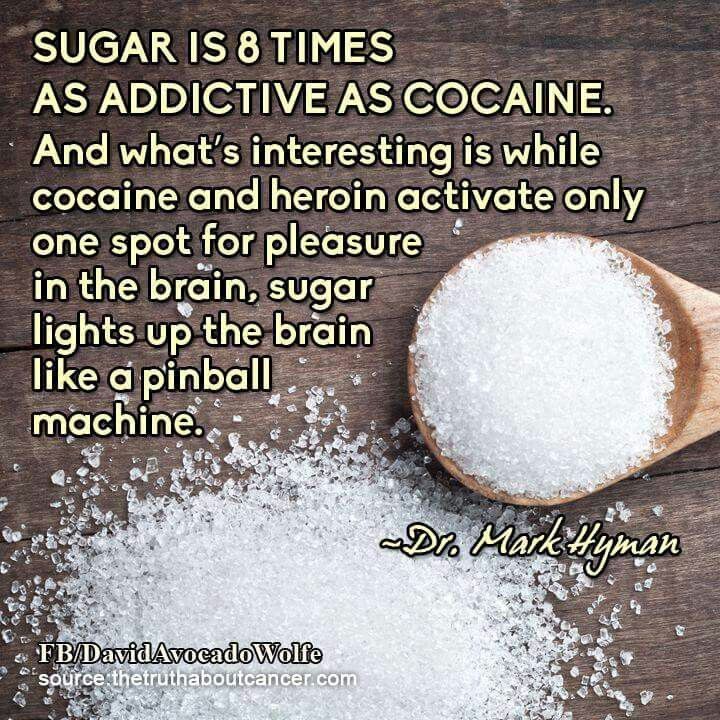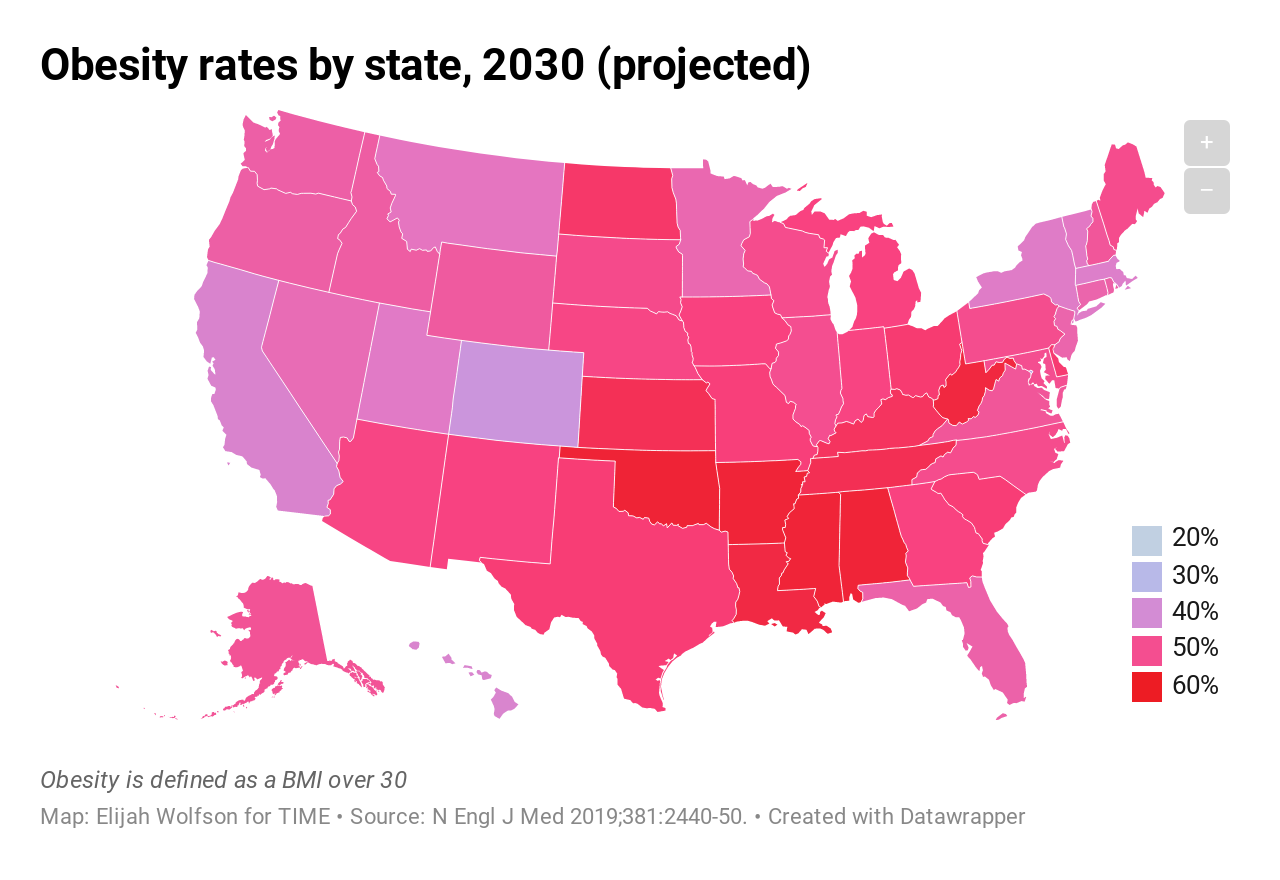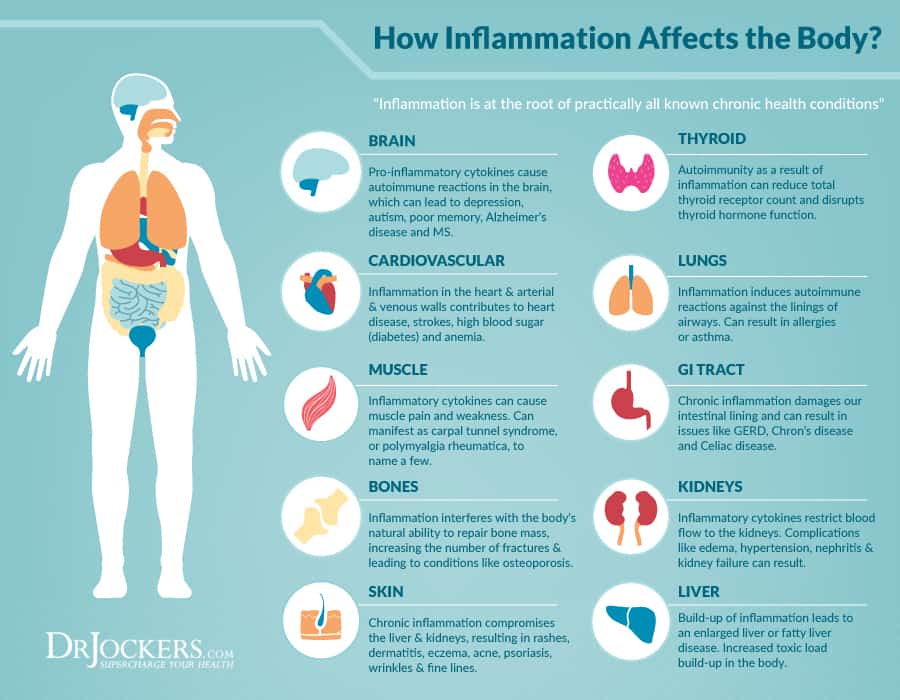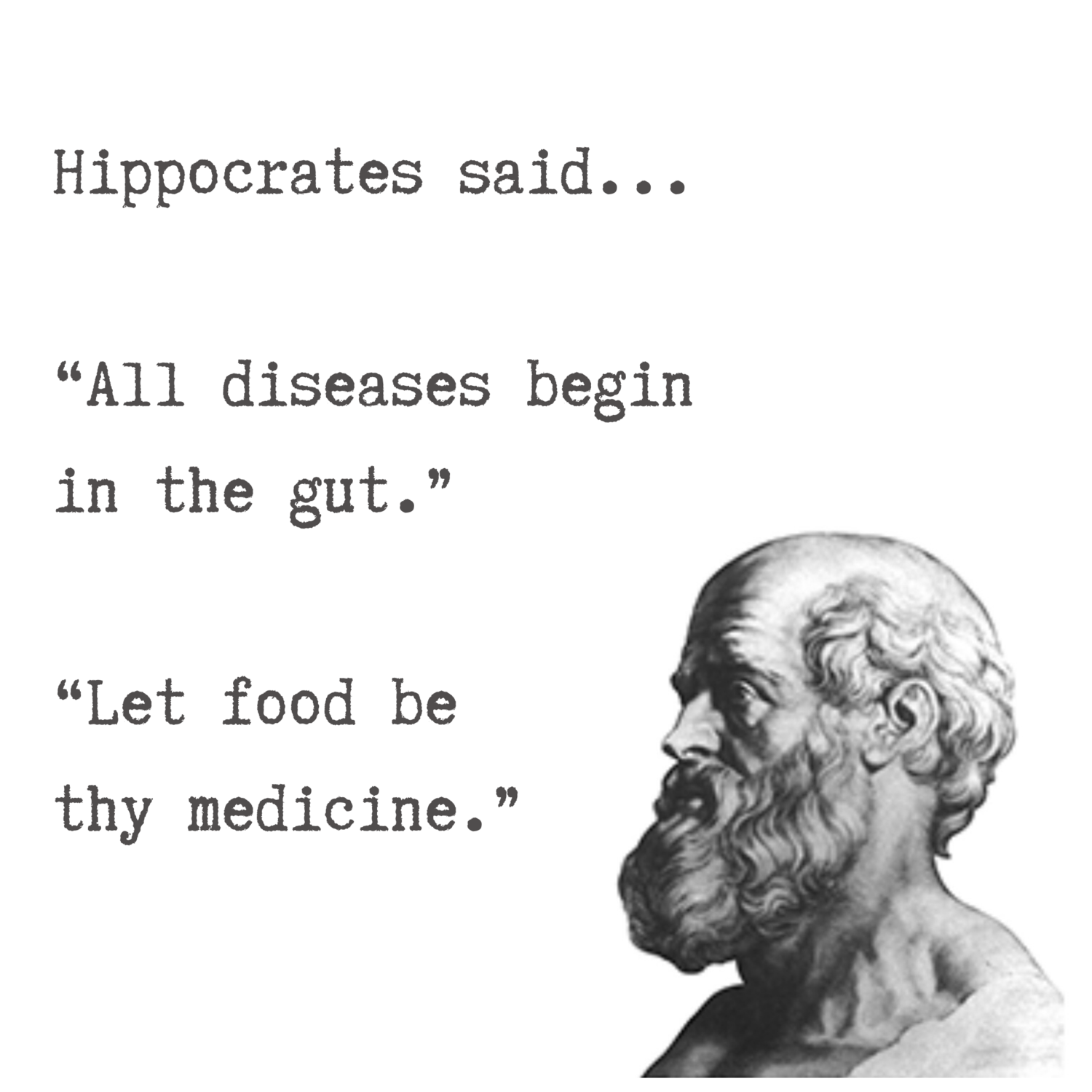Sugar is as Addictive as Drugs
Research proves sugar can trigger reward and craving states in your brain similar to addictive drugs, and lead to brain-related health issues such as depression, learning disorders, memory problems, and obesity.
Too much sugar is increasingly being linked to depression, learning disorders, memory problems, and overeating.
Food is cellular information.
What we eat will determine our health. It really is that simple.

Sugar Behaves Similarly to Cocaine and Heroin
Dr. Robert Lustig, a neuro-endocrinologist and professor of pediatrics in the division of endocrinology at the University of California, San Francisco, said, “The war on drugs has taken a back seat, but not because it has been won. Rather, because a different war has cluttered the headlines — the war on obesity. And a substance even more insidious, I would argue, has supplanted cocaine and heroin.”
“The object of our current affliction is sugar. Who could have imagined something so innocent, so delicious, so irresistible … could propel America toward … medical collapse?”
Research has proven that the consumption of sugar triggers reward and craving states in your brain similar to addictive drugs.
Too much sugar can be very damaging to our health.
The dramatic effects of sugar on your brain may explain why you may have difficulty controlling your consumption of sugary foods when continuously exposed to them. Another study proves a high degree of overlap exists between brain regions involved in processing natural rewards, such as sugar and sweets, and drugs of abuse.
“‘Non-drug’ or ‘behavioral’ addictions have become increasingly documented … and pathologies include compulsive activities such as shopping, eating, exercising, sexual behavior and gambling.
“Like drug addiction, non-drug addictions manifest in symptoms including craving, impaired control over the behavior, tolerance, withdrawal and high rates of relapse.”
Sugar = Alzheimer’s disease?
According to Dr. Joseph Mercola, an osteopathic physician and best-selling author, “While insulin is usually associated with its role in keeping your blood sugar levels in a healthy range, it also plays a role in brain signaling.”
“In one animal study, when researchers disrupted the proper signaling of insulin in the brain, they were able to induce many of the characteristic brain changes seen with Alzheimer’s disease, including confusion, disorientation and the inability to learn and remember,” says Dr. Mercola.
Dr. Mercola notes that “its becoming increasingly clear that the same pathological process that leads to insulin and leptin resistance, as well as Type 2 diabetes, may also hold true for your brain. As you overindulge on sugar and grains, your brain becomes overwhelmed by consistently high levels of insulin. Eventually, insulin, leptin and signaling become profoundly disrupted, leading to impairments in your memory and thinking abilities.”
Dr. David Perlmutter a neurologist and author of the books “Brain Maker” and “Grain Brain,” says that Alzheimer’s disease is primarily predicated on lifestyle choices, including sugar consumption.
Dr. Perlmutter says that anything that promotes insulin resistance will also raise your risk for Alzheimer’s.
High fructose corn syrup is correlated with spikes seen in obesity rates, so much so that diets high in it are thought to promote insulin resistance and weight gain.
Always read nutrition labels before purchasing food products. There are so many additives and toxins in our foods it can be easy to miss if we aren’t careful due to misleading marketing tactics acting as though the product is healthy.
67% of children’s calories come from ultra-processed foods.
Everything in moderation is okay… but the statistics prove that most Americans are not consuming unhealthy foods in moderation:
Putting the studies aside for a moment it’s important to consider how you feel after every meal.
Ask yourself, “How do I feel when I eat too much sugar?”
Do you honestly feel good?
Take note going forward of your mood, energy levels, and state of mind the following day or even immediately after the consumption of something high in calories and very sweet.
Eat Healthy For A Better Future and Present
Eating healthy will ensure that we feel good now and later on in life.
If we want to achieve great things in life, we need to be healthy and mentally sound.
Nobody wants to feel like garbage, and yet the majority of people in America don’t eat healthy.
Only 9% of adults are eating the recommended amount of vegetables and 12% of adults ate the recommended amount of fruit, according to a CDC analysis of data from the 2015 Behavioral Risk Factor Surveillance System.
73% of adults in America are overweight, according to the CDC.
When transitioning to a healthy diet, don’t feel bad or discouraged if it’s difficult.
Sugar is legitimately addictive. It takes about 30 days for your body to detox and adjust to the healthy food. It may be hard in the beginning, but before you know it, you will be craving healthy, nutritional foods.
It’s never too late to make a change.
The human body is incredible. It adapts and adjusts faster than we realize.
We have the power to heal ourselves, and I along with many others, are living proof of that.
Say goodbye to chronic illnesses, pain, and dis-eases with REAL FOODS!
Keep it simple. The healthiest diets avoid processed foods. Eat REAL foods and the weight will fall off in no time.
Your mental, physical, and emotional health will improve too.
Be consistent and you will see.
You can achieve anything you put your mind to.
Start a Food Log
If you are suffering from depression or aren’t feeling so good, start a food log. Write down everything you eat and how you feel. From your mental state to your digestion, take note of how your body reacts in your food log.
This will allow you to determine what is causing you to feel bad and whether it’s time to eliminate certain foods from your diet.
This can be especially helpful if you have food allergies, digestive problems, or mental health struggles.
Was this information helpful?
Tell us on Twitter @valuetainmenttv



























Add comment